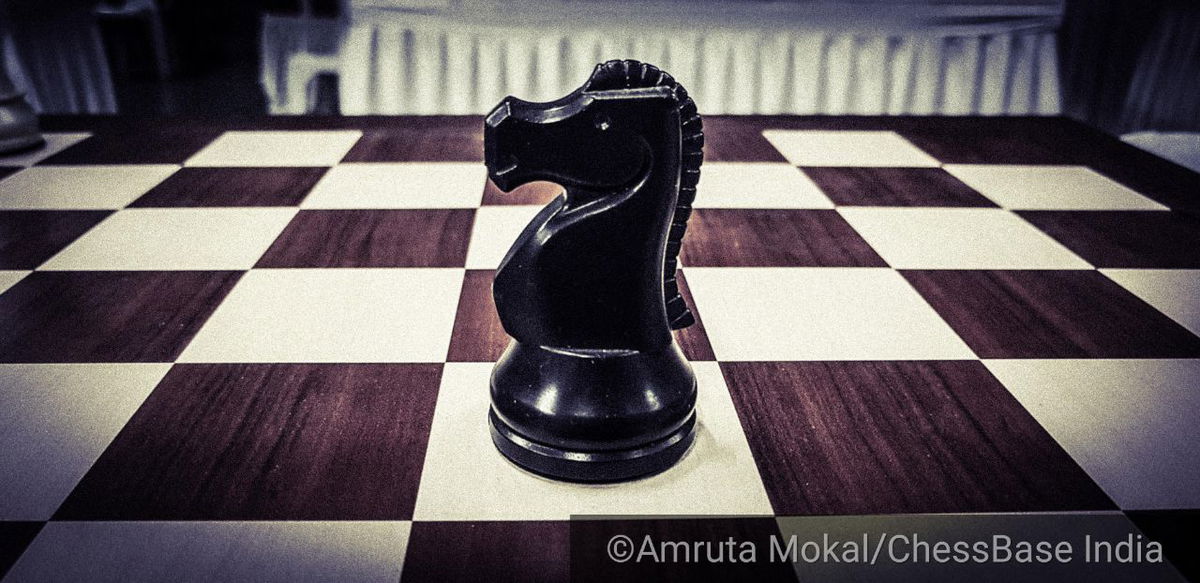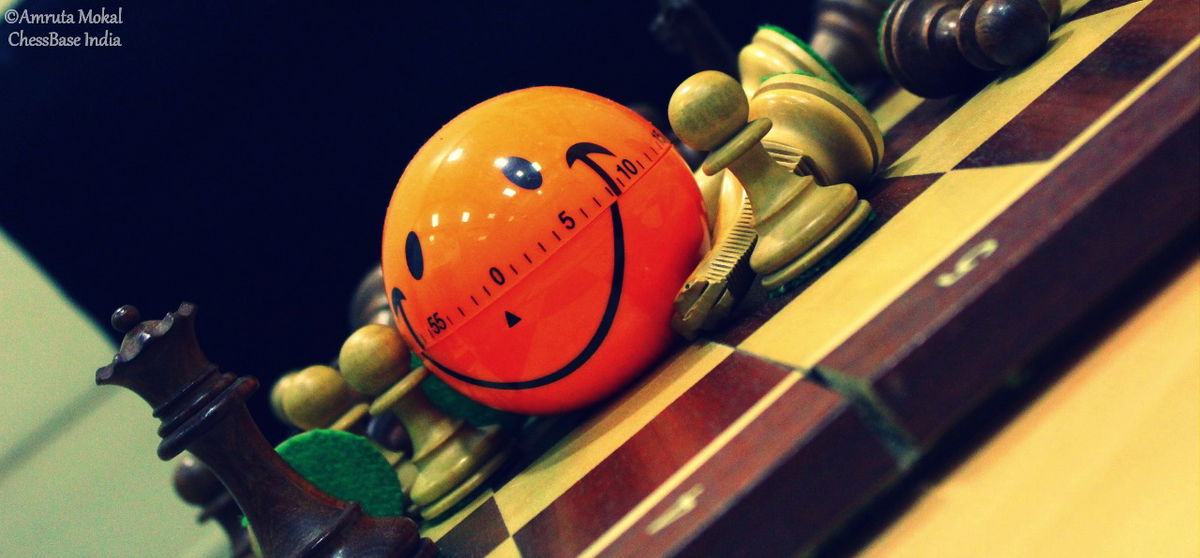Life Lessons from Chess
We often hear that chess is useful in other phases of life. While this is true for the ones who play the sport, it is still quite a big question to the uninitiated as to what exactly are the benefits of playing chess. Also, the benefits are so vast that sometimes it is difficult even for an experienced player to jot them all down. Dr. Shrirang Joshi is a well-known psychiatrist and counsellor based in Mumbai. He spent a lot of time studying the benefits of chess and now brings us the details of his findings. In this article you learn how lessons learnt from chess can be better applied to our day to day life.

Many people feel that playing chess is a waste of time. Only the chess aficionados
3 phases of the game:
“After a bad opening, there is hope for the middle game. After a bad middle game,
Chess has 3 phases: the opening, the middle game and the endgame. Life also has
The play can turn out to be tactical or strategic. We need to be prepared to play in
King safety:
“Castle early and often”- Rob Sillars
The safety of the King takes priority over everything else in all stages of the game.
Avoiding blunders:
“The blunders are all there on the board, waiting to be made.” – Savielly
Blunders are costly. Most games are lost by blunders. Every serious chess player
Avoiding loss of tempo:
Developing pawns and pieces to the best squares as quickly as possible is an
Finding the best move:
“One bad move nullifies forty good ones.” –Horowitz
Every move is important. A chess player always tries to find the best move in any
Improving piece position:
“Tactics flow from a superior position”- Bobby Fischer
A chess player is always on the lookout for an opportunity to place his pieces on a
Exchanging bad pieces:
The pieces need to be developed to the best squares. The piece which cannot be developed to a good square is called a bad piece and is a
liability. It should be got rid of. Similarly in life, whatever activities are not useful to us should be dropped.
Sacrificing:
A good chess player uses his time wisely. He uses more thinking time for the
Planning:
“Even a poor plan is better than no plan at all.” – Mikhail Chigorin
Chess teaches us to look ahead and plan. We can use this skill to progress in life.
Prioritising:
Tactics is knowing what to do when there is something to do; strategy is knowing what to do when there is nothing to do.” – Savielly Tartakower
Chess games go on for hours and a chess player has to be able to maintain the
Fighting spirit:
“Nobody ever won a chess game by resigning.” – Savielly Tartakower
A fighting spirit and a never say die attitude is developed by playing chess. Such
Positive thinking:
"Tonight, I am playing against the Black pieces" - Akiba Rubinstein

Good chess play happens when you are not focused on the ELO rating of the opponent. Even if the opponent is a stronger rated player, a positive mindset can help a player to perform the best. Such positive attitude is needed in life to be able
Learning from failures:
You may learn much more from a game you lose than from a game you win. You
Though a chess player wants to win every game, losses are inevitable. A chess
About the author:

Dr Shrirang Joshi is a Psychiatrist and Counselor based in Mumbai. He has been conducting motivational sessions for inspiring children and teenagers for the past 25 years. Apart from his own consulting practice, he is also attached to Somaiya college campus at Vidyavihar and Children's observation home at Dongri. He has been a member of the Juvenile Justice Board of Thane district. He is passionate about chess and chess psychology.

